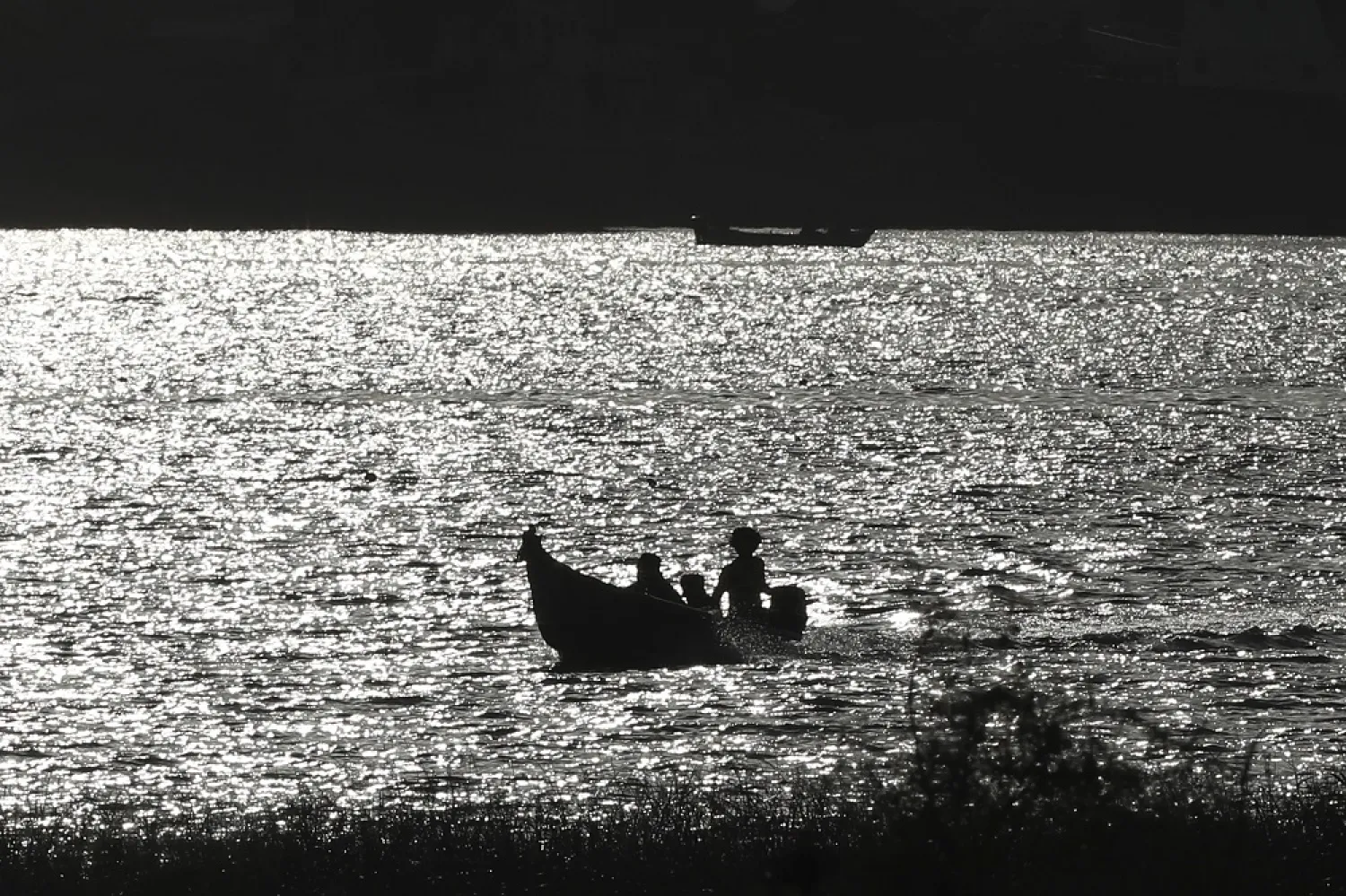Iraqi President Barham Salih discussed with Defense Minister Juma Inad and Minister of Water Resources Mahdi Rashid al-Hamdani the two most significant challenges facing the country: terrorism and water shortages.
Iraq faces terrorism linked to ISIS remnants almost five years after the government announced the military defeat of the extremist organization, which took control of four governorates in 2014.
Iraqi security forces have been involved in a war against the remnants, particularly in their strongholds of Salaheddin, Kirkuk, Diyala and al-Anbar, and the deserts extending between the Badia to the Iraqi-Syrian border.
Salih discussed with Inad the security situation in the country, focusing on the need to support the efforts of the armed forces to fight ISIS cells.
The minister briefed the president on the current military operations on the front lines against ISIS remnants that are trying to threaten peace, security, and stability in some parts of Iraq.
Salih stressed: "We must be vigilant against the terrorism," emphasizing that any flaws in the security system, which could strengthen these cells to threaten Iraqi citizens and safety and stability, must be addressed.
The president commended the efforts of the security forces in dismantling the terrorist cells and arresting prominent terrorists.
He later discussed with the minister of water resources efforts to tackle the challenges presented by drought, desertification and climate change.
Water should be a national priority for Iraq as it is an anchor for the country's national security, stressed Salih.
The meeting also addressed regulating the water quotas on the principles of good neighborliness, taking into account mutual interests, which is a crucial matter to Iraq and its neighbors.
The president hailed the efforts made by the government and the Ministry of Water Resources in this aspect.
Salih asserted that it is vital to protect bodies of water and maintain dams, adding: "We have to develop strategic plans set by the government institutions in coordination with international experts to tackle the challenges presented by drought, desertification and climate change."
The minister, in turn, briefed the president on the water situation and the plans being prepared to meet the challenges caused by drought.
The meeting also addressed the current negotiations between Iraq and neighboring states on the water quotas.









